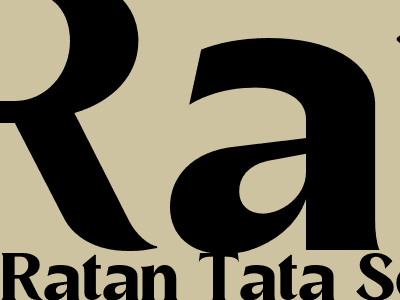
Ratan Tata Son
Ratan Tata: The Man Who Redefined Indian Industry
Early Life and Career
Ratan Tata was born on December 28, 1937, in Mumbai, India. He was the son of Naval Tata, a businessman, and Sooni Tata. Tata received his education in India and the United States, earning a degree in architecture from Cornell University. After completing his studies, Tata joined Tata Group, a conglomerate founded by his great-grandfather, Jamsetji Tata, in 1868.
Leadership of Tata Group
In 1991, Tata became the chairman of Tata Group, a position he held for over two decades. During his tenure, he transformed the company into a global conglomerate with a presence in over 100 countries. Tata Group's revenue increased from $5.4 billion in 1991 to over $100 billion in 2012. Under Tata's leadership, the company expanded into new industries, including telecommunications, information technology, and automotive manufacturing. Tata also played a key role in the development of India's nuclear power program.
Philanthropy and Social Responsibility
Tata was known for his philanthropy and social responsibility. He established the Tata Trusts, one of the largest charitable organizations in India. The trusts support a wide range of initiatives, including education, healthcare, and disaster relief. Tata also played a leading role in promoting sustainable development and environmental protection.
Legacy
Ratan Tata retired as chairman of Tata Group in 2012. He was succeeded by Cyrus Mistry. However, Tata remained active in the company as chairman emeritus. Tata's legacy is one of innovation, entrepreneurship, and social responsibility. He is widely regarded as one of the most successful and respected business leaders in India.
Additional Information
* Tata was awarded the Padma Vibhushan, India's second-highest civilian honor, in 2000. * He received the Forbes Lifetime Achievement Award in 2012. * Tata is a member of the board of directors of several global organizations, including the World Economic Forum and the Asia Society.

Comments